Span>What is Azhi ransomware?
Azhi is a crypto-virus that encrypts data in the user’s system, then demands a ransom. In etc. detail, we say that this belongs to the STOP/DJVU ransomware classification. Like earlier variants of those crypto infections, Azhi ransomware encrypts photos, videos, archives, MS Office documents, multimedia, and etc.. After such alters, the user can’t shift these kinds of files, readjust them to their initial say, and even just use (open) them. That is why most are prepared to pay any money in order not to segment alongside their statistics. However, we don’t advise contacting them as the user might be dumped together with little, since not one person can ever ensure that the files shall be greatly recovered, despite the fact that the user wholly consents together with all the requirements of the fraudsters. Use our advice to get rid of Azhi ransomware and decode .Azhi files for free-of-charge.
This variety notwithstanding, they all monitor the same necessary template – to cheat money in return for precious statistics. Promptly after penetration, it begins to enchipher user files appending them in bundles with .azhi extension. The number of penalty is $980 and to motivate victims to pay quicker, cyber crooks as offer a 50% bargain for payment in 72 hours. For this purpose, cyber criminals want you to contact them by email: support@freshmail.top / datarestorehelp@airmail.cc. The more detailed information you can find in the TXT file virus creates:_readme.txt:
In the end, it’s up to you to presume it or not, but let us advise you – no one can guarantee that they would do their ingrediant of the deal. On the opposite, there is a huge threaten of being scammed and dropped in addition to little. The only safe way to fix the issue is to delete Azhi ransomware from the computer via relevant programs so as to negate the evil movements of the malicious virus and then fix your information from the backup.
Screenshot of false Windows bring up to date you might encounter during the encoding:
There exists two solutions to terminate Azhi ransomware and recover your files. The at the start is to utilize an automated elimination program. This process is suited even for unskilled users as the uninstallation program can eliminate all situations of the malicious software in just several clicks. The moment is to employ the by hand elimination instruction. This is a much more confusing way that calls for certain device abilities.
How Azhi ransomware gets on my computer?
Cybercriminals use numerous approaches to distribute the malware software to the target pc. Ransomware malware could enter victims’ devices etc. than in one or two methods, in many situations, a cryptoviral deception breach is full together with the following techniques:
Warning, multiple anti-virus scanners have detected possible malware in Azhi ransomware.
| Anti-Virus Software | Version | Detection |
|---|---|---|
| Baidu-International | 3.5.1.41473 | Trojan.Win32.Agent.peo |
| Tencent | 1.0.0.1 | Win32.Trojan.Bprotector.Wlfh |
| Malwarebytes | v2013.10.29.10 | PUP.Optional.MalSign.Generic |
| VIPRE Antivirus | 22224 | MalSign.Generic |
| Dr.Web | Adware.Searcher.2467 | |
| McAfee | 5.600.0.1067 | Win32.Application.OptimizerPro.E |
| NANO AntiVirus | 0.26.0.55366 | Trojan.Win32.Searcher.bpjlwd |
| ESET-NOD32 | 8894 | Win32/Wajam.A |
| Qihoo-360 | 1.0.0.1015 | Win32/Virus.RiskTool.825 |
| K7 AntiVirus | 9.179.12403 | Unwanted-Program ( 00454f261 ) |
| VIPRE Antivirus | 22702 | Wajam (fs) |
Azhi ransomware Behavior
- Redirect your browser to infected pages.
- Shows Fake Security Alerts, Pop-ups and Ads.
- Modifies Desktop and Browser Settings.
- Changes user's homepage
- Azhi ransomware Deactivates Installed Security Software.
- Common Azhi ransomware behavior and some other text emplaining som info related to behavior
- Installs itself without permissions
- Azhi ransomware Connects to the internet without your permission
- Integrates into the web browser via the Azhi ransomware browser extension
- Steals or uses your Confidential Data
- Azhi ransomware Shows commercial adverts
Azhi ransomware effected Windows OS versions
- Windows 10
- Windows 8
- Windows 7
- Windows Vista
- Windows XP
Azhi ransomware Geography
Eliminate Azhi ransomware from Windows
Delete Azhi ransomware from Windows XP:
- Click on Start to open the menu.
- Select Control Panel and go to Add or Remove Programs.
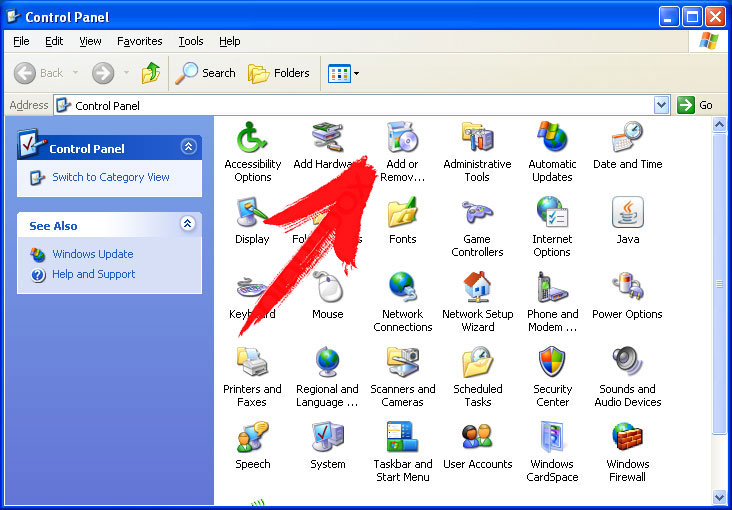
- Choose and remove the unwanted program.
Remove Azhi ransomware from your Windows 7 and Vista:
- Open Start menu and select Control Panel.

- Move to Uninstall a program
- Right-click on the unwanted app and pick Uninstall.
Erase Azhi ransomware from Windows 8 and 8.1:
- Right-click on the lower-left corner and select Control Panel.
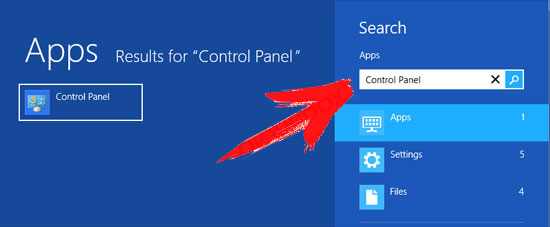
- Choose Uninstall a program and right-click on the unwanted app.
- Click Uninstall .
Delete Azhi ransomware from Your Browsers
Azhi ransomware Removal from Internet Explorer
- Click on the Gear icon and select Internet Options.
- Go to Advanced tab and click Reset.
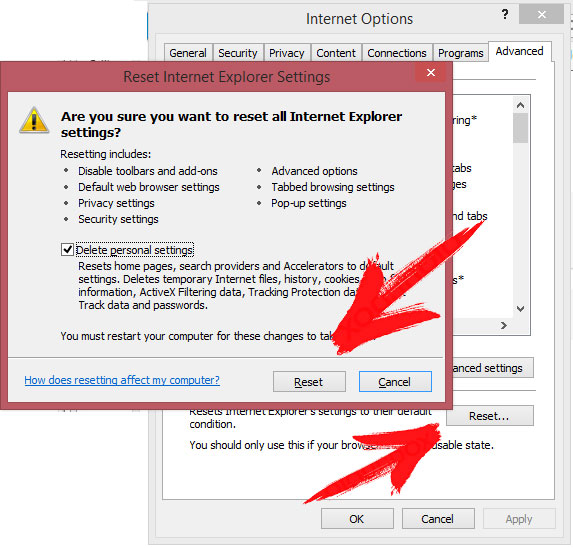
- Check Delete personal settings and click Reset again.
- Click Close and select OK.
- Go back to the Gear icon, pick Manage add-ons → Toolbars and Extensions, and delete unwanted extensions.
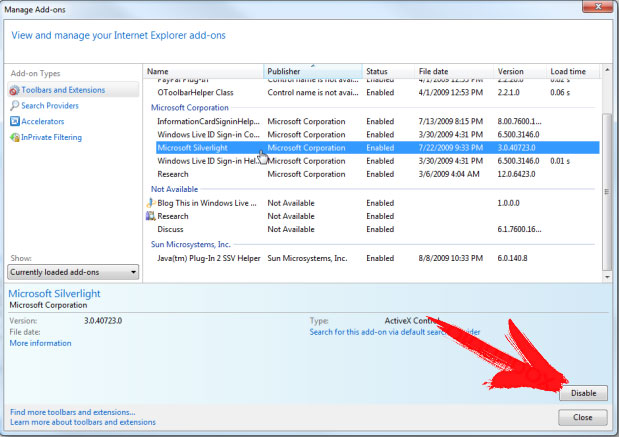
- Go to Search Providers and choose a new default search engine
Erase Azhi ransomware from Mozilla Firefox
- Enter „about:addons“ into the URL field.
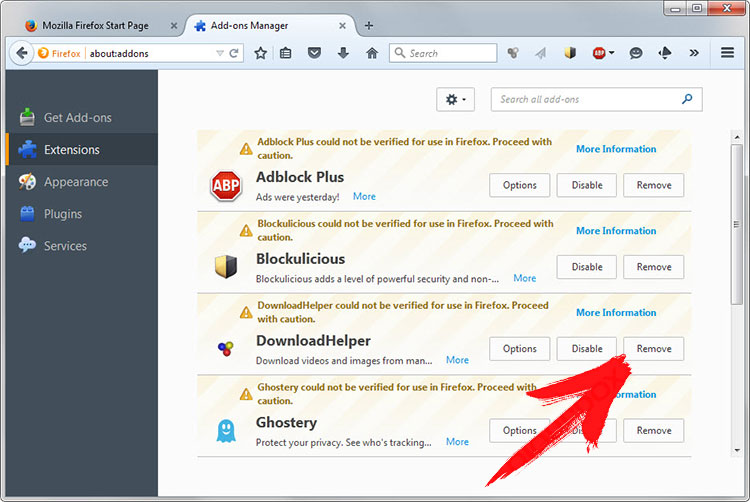
- Go to Extensions and delete suspicious browser extensions
- Click on the menu, click the question mark and open Firefox Help. Click on the Refresh Firefox button and select Refresh Firefox to confirm.
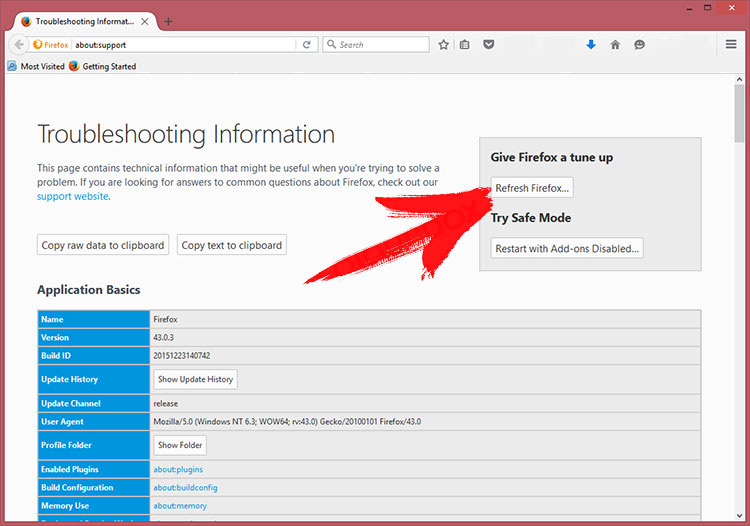
Terminate Azhi ransomware from Chrome
- Type in „chrome://extensions“ into the URL field and tap Enter.
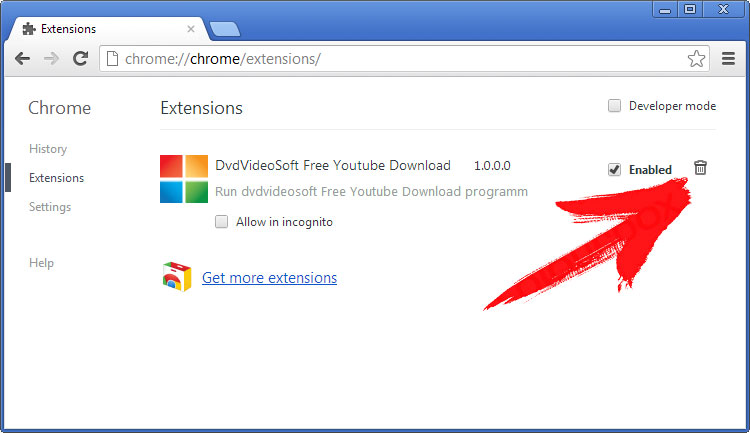
- Terminate unreliable browser extensions
- Restart Google Chrome.
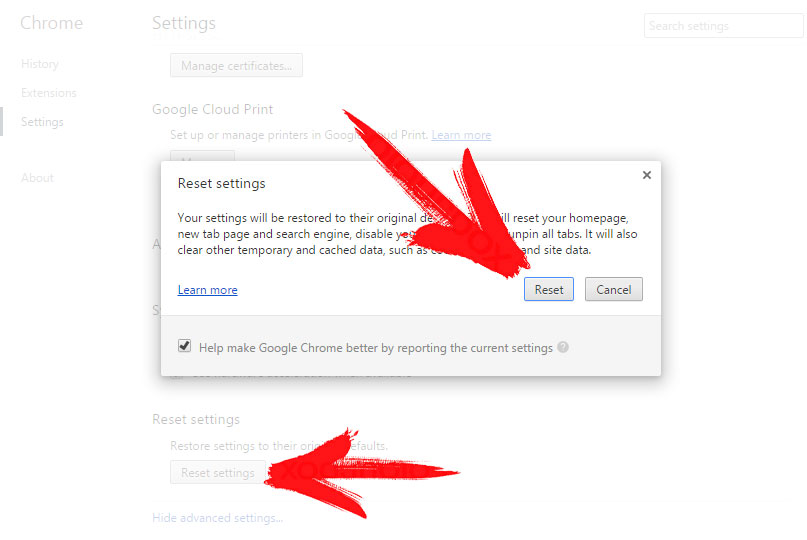
- Open Chrome menu, click Settings → Show advanced settings, select Reset browser settings, and click Reset (optional).